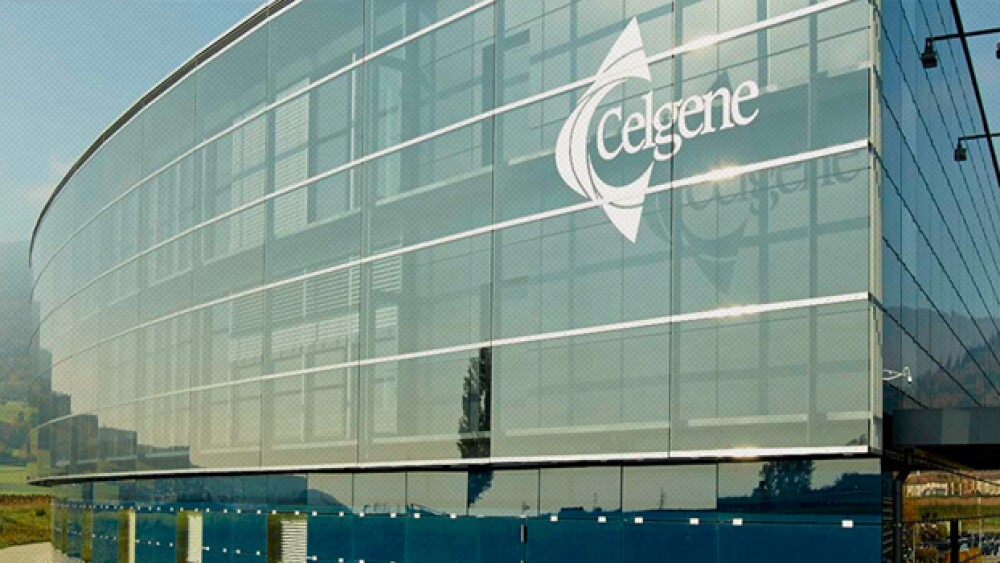The announcement sent shares of Juno soaring more than 27 percent in pre-market trading to $86.26.
A little more than two years after taking a $1 billion stake in Seattle-based Juno Therapeutics, Celgene has snapped up the rest of the company in a $9 billion deal.
The announcement sent shares of Juno soaring more than 27 percent in pre-market trading to $86.26.
With the full acquisition of Juno, New Jersey-based Celgene is diving headlong into the world of CAR-T and T cell receptor (TCR) therapies. The company will add Juno’s JCAR017 CAR-T therapy targeting relapsed and/or refractory diffuse large B-cell lymphoma (DLBCL) to its arsenal. The addition of the potential gene therapy could help offset some of the losses the company faces due to expiring patents for blood cancer drug Revlimid.
Celgene and Juno are bullish on the future of the lead CAR-T candidate. The companies said they anticipate regulatory approval for JCAR017 in 2019 with potential global peak sales of approximately $3 billion. The first CAR-T therapies developed by Novartis and Kite Pharma (now part of Gilead) were approved by the U.S. Food and Drug Administration last year.
Mark Alles, Celgene’s chief executive officer, said that acquisition of Juno’s cellular immunotherapy portfolio and R&D programs will strengthen Celgene’s “global leadership in hematology and adds new drivers for growth beyond 2020.”
Celgene said bringing Juno into the folds of the company will position the company to “become a preeminent cellular immunotherapy company.” When Celgene announced the deal, it laid out a number of strategic advantages, particularly the potential of cellular immunology. Celgene pointed to JCAR017 and Juno’s JCARH125, which is said will enhance Celgene’s campaign against BCMA (B-cell maturation antigen), a key target in multiple myeloma.
Juno’s JCAR017 is a CD19-directed CAR T cell product. The therapy received breakthrough therapy designation from the FDA. After Celgene and Juno initially forged an alliance in 2015, Juno was at the forefront of CAR-T research, but the company suffered a setback last spring when it was forced to pull the plug on JCAR015, a once-promising CAR-T treatment. The decision to pull the plug on the therapy came only four months after a clinical trial evaluating of JCAR015 was halted for the second time following patient deaths.
Under terms of the agreement, Celgene will pay $87 per share of Juno in cash for a total of approximately $9 billion. Celgene said it will fund the transaction through a combination of existing cash and new debt.
Juno CEO Hans Bishop said the union of his company and Celgene will provide the three keys to continue his company’s goal of developing cellular therapies. The keys, he said, are “scientific prowess, manufacturing excellence and global research.”
With the acquisition of Juno, Celgene said it plans to expand its existing center of excellence for immuno-oncology translational medicine by leveraging Juno’s research and development facility in Seattle, WA as well as Juno’s manufacturing facility in Bothell, Washington.
Juno is the second acquisition Celgene has made in recent weeks to bolster its blood cancer position. Earlier this month, the company acquired San Diego-based Impact Biomedicines and its JAK inhibitor program targeting myelofibrosis for $7 billion.





